Advertisement
Fiction, Biography, Poetry And More — The Best Books Of 2015

ARTery critics Ed Siegel, Lloyd Schwartz, Carol Iaciofano, John Winters and Maureen Dezell share their favorite books of the year.
Ed Siegel
1. "The Meursault Investigation," by Kamel Daoud: Revisiting "The Stranger," Albert Camus' classic existentialist work, from the viewpoint of the brother of the Arab victim could have been an exercise in political correctness. But in Daoud's hands, it's much more profound. The brother, Harun, actually has quite a bit in common with Meursault, the European (French-Algerian, actually) antihero of "The Stranger" — alienated, indifferent, irreligious — and Daoud writes with a crisp Camus-like prose. It's hardly the rebuke the New Yorker made it out to be; "The Meursault Investigation" is at once post-colonial in its atmospherics while artistically agenda-free in its psychological complexity.
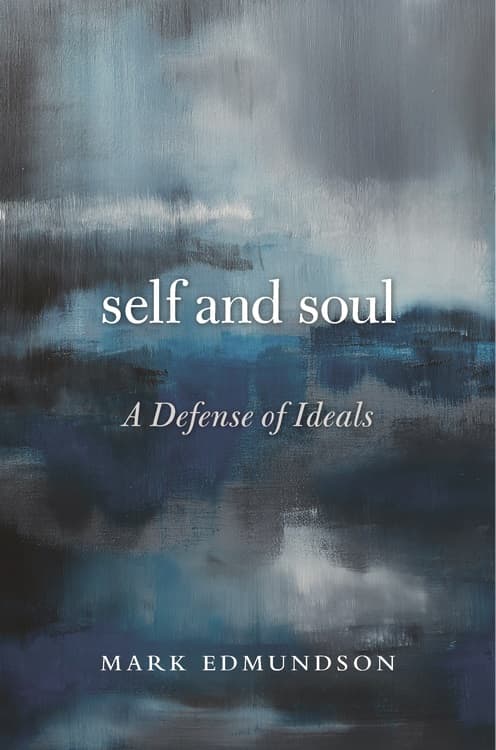
2. "Self and Soul," by Mark Edmundson: Edmundson has been my favorite cultural critic since his masterful exploration of the Gothic in America, "Nightmare on Main Street" in 1997. Here he turns his attention to the need to shift the philosophical balance in America from a consumerist mode of sustaining one's self and one's family toward a more expansive view of what life is about. We have Plato, Homer and Jesus leading us toward what each sees as the ideal. But it's not as easy — or maybe even as desirable — as it sounds. Just ask Shakespeare or Freud, which Edmundson does. It's a great wake-up call to get over yourself. The book also takes on what passes for soul today: "An enormous, complex, and stunning technological force is devoted to entertainment — to delivering experiences that fabricate States of Soul."
3. "Leonard Bernstein: An American Musician," by Allen Shawn: I've read few biographies that so deftly mix together an artist's personal life with his or her artistry. There are plenty of Bernstein biographies around — including one by his Boswell, Humphrey Burton — but this shorter volume is the most satisfying. It's far more insightful than Bernstein's own letters, which Yale University Press published last year. Classical music could use another Lenny and the biography business could use more writers with the intelligence of Shawn.
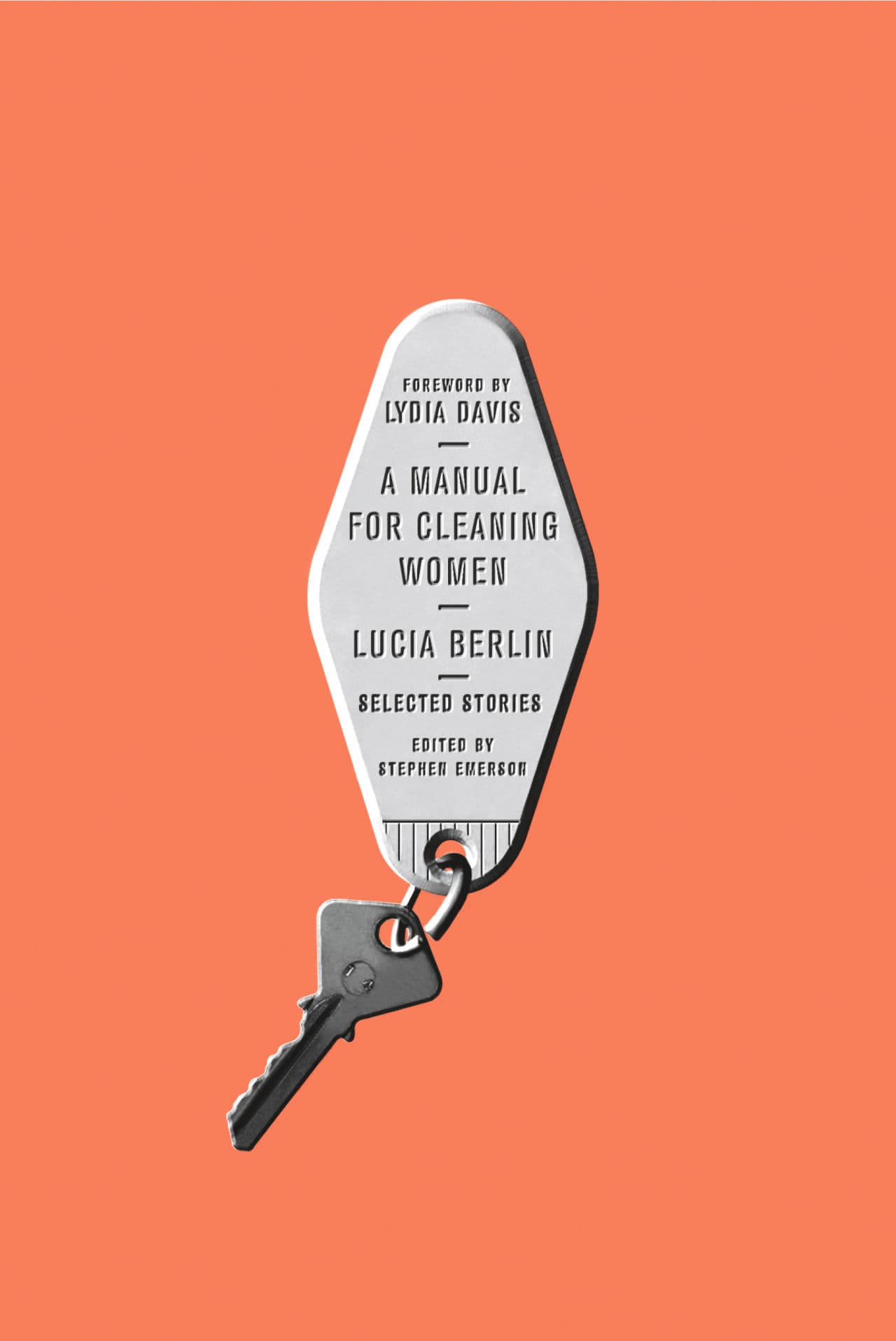
4. "A Manual for Cleaning Women," by Lucia Berlin: Like John Kennedy Toole ("A Confederacy of Dunces"), Berlin didn't live to witness her own acclaim with this compilation of her short stories. She has wrongly been compared to Alice Munro and rightly to Raymond Carver. She toiled at working-class jobs to support her writing, even though she was prominently published. Berlin writes about women of all classes without an ounce of sentimentality, but with a ton of compassion, insight and economy. Her "Good and Bad," about a privileged American student whose teacher, a communist, tries to adjust her thinking, is a little masterpiece.
5. "Dark Corners," by Ruth Rendell and "The Diver's Clothes Lie Empty," by Vendela Vida: We lost the best mystery writer of them all this year when Rendell died. Her last, "Dark Corners," is far from her finest work, but the title alone points to that area of the brain Rendell explored with such elegance and intelligence. The best mystery writers aren't mystery writers at all, really. Rendell justifiably hated comparisons to Agatha Christie. She would have been much happier in Vida's company, though Vida has more in common with Patricia Highsmith's literary looks at our often perverse pursuit of identity. Set in Casablanca, "The Diver's Clothes Lie Empty" is almost a combination of "The Stranger" and, as Parul Sehgal suggested in the New York Times, "The Talented Mr. Ripley," as a woman who's robbed tries on different identities that are thrust on her.
Lloyd Schwartz
1. "Furs Not Mine," by Andrea Cohen: The mainly short, gnomic poems in Cohen’s "Furs Not Mine," are often witty and devastating (devastating because witty) responses to the death of the poet’s mother. Here’s the unforgettable opening poem, in its entirety:
The Committee Weighs In
I tell my mother
I’ve won the Nobel Prize.Again? she says. Which
discipline this time?It’s a little game
we play. I pretendI’m somebody. She pretends
she isn’t dead.
2. “Know Thyself,” by Joyce Peseroff: You may have seen a poetry poster on Boston’s Red Line with Peseroff’s seductive poem “Your Ad Here,” which begins: “Hey, would you consider buying ad space/ in this poem?” Peseroff’s satirical take on poetic immortality is characteristic of the wry mixture of humor and despair in her engaging new book, “Know Thyself” — her linguistically crafty (in every sense of the word) and life-affirming meditations on mortality.
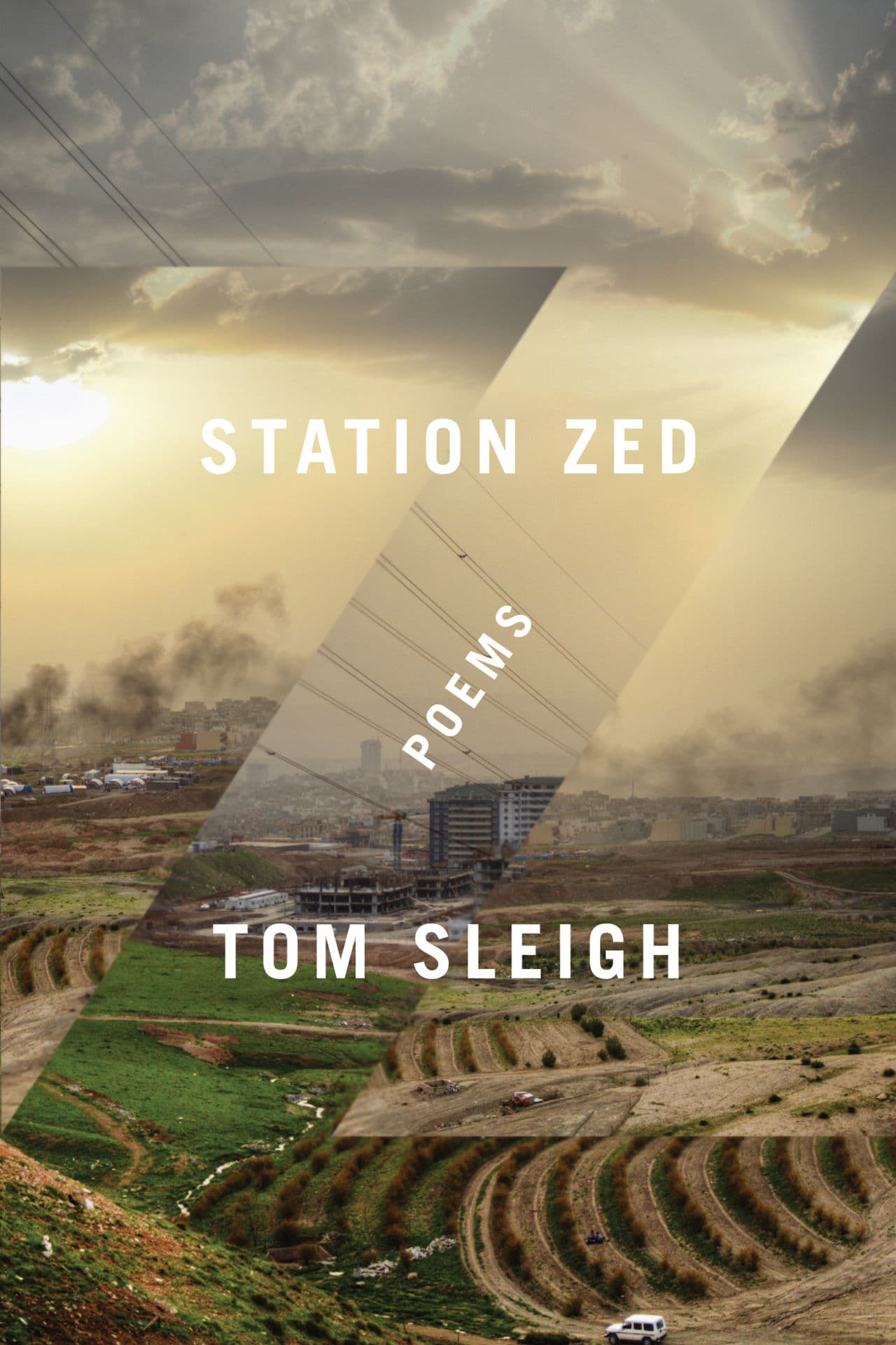
3. "Station Zed," by Tom Sleigh: Many of the poems in multi-award-winning poet Sleigh’s gripping, tough-minded ninth book, "Station Zed," come out of his visits as a journalist to the war-torn, strife-ridden countries of the Middle East and North Africa, including the extraordinary (but deceptively titled) “Homage to Basho,” a mixed-genre essay and poetry sequence about Iraq. Yet equally powerful and moving are his more personal poems, including the shattering poem about his brother, “The Twins,” and the love poem “Stairway,” which ends: “…when one said Left, we turned left. Which meant, because I have a terrible sense of direction, that I went whichever way you went.”
4. "Digest," by Gregory Pardlo: Although it was published in 2014, Pardlo’s "Digest" came to national attention when it was awarded this year’s Pulitzer Prize in Poetry. This is a book that breathes intelligence, as in the series of “improvisations” bringing the aphoristic insights of classic philosophers into the mainstream of contemporary life, with almost Johnsonian (i.e., Samuel) periodic sentences that come to their inevitable resting place in the least predictable way. These are also some of the most moving poems about fatherhood since Robert Hayden’s “Those Winter Sundays,” and what it means to be black in America.
Carol Iaciofano
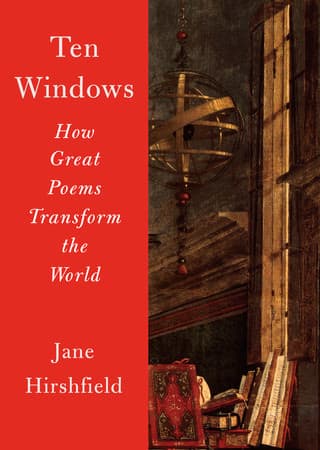
1. "Ten Windows: How Great Poems Transform the World," by Jane Hirshfield: If you want more poetry in your life, but feel at sea about where to begin, “Ten Windows” by poet and essayist Hirshfield provides a beautifully detailed map. In a style both smart and warmly conversational, Hirshfield examines a well-selected range of writings by older and present-day poets to explore how poems work. One of the book’s best features is that, unlike many collections of critical essays, poems discussed here are included in their entirety. This allows you to stay comfortably in the reading flow, and to receive one of poetry’s greatest gifts: the chance to understand yourself and your place in the world in new, profound ways.
2. “Dead Wake: The Last Crossing of the Lusitania,” by Erik Larson: Few contemporary non-fiction writers possess Larson’s talent for transforming a little-known event into a richly compelling narrative. With ever-building suspense, the story of the Lusitania’s sinking in 1915 unfolds in alternating chapters about those onboard the fated ocean liner and the crew of the German sub U-20 that sank it — along with some revelatory insights on all parties’ WWI strategies. Whether he’s describing England’s sophisticated decoding operations or the mechanical workings of early submarines, Larson gets the level of detail exactly right to propel the story forward at an unwavering, unnerving pace.
3. “Reclaiming Conversation: The Power of Talk in a Digital Age,” by Sherry Turkle: Offering a meaningful picture of our technology-drenched personal lives, Turkle’s “Reclaiming Conversation” could be a fundamental component of a time capsule marked “2015.”
John Winters
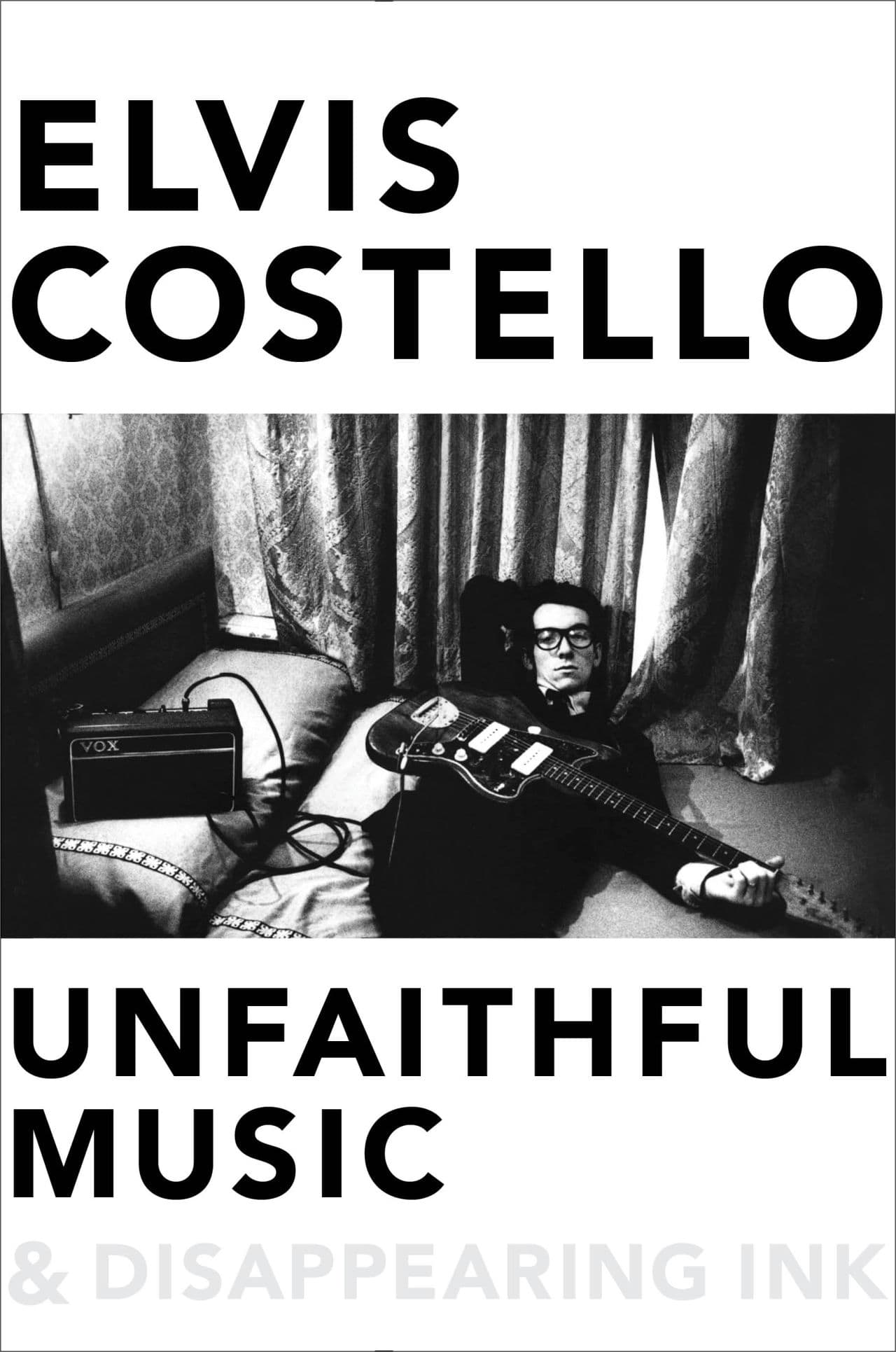
1. "Unfaithful Music & Disappearing Ink," by Elvis Costello: I’ve been a fan of Costello since he stared out of that first album jacket looking like a nerdy Buddy Holly. With the raw energy and emotion of punk rock and a melodicism clearly derived from years of compulsive Beatles listening, his songs immediately captured my attention. It wasn’t long before the lyrics knocked me for a loop, as well. With “Unfaithful Music & Disappearing Ink,” Costello lays down his life story and proves he’s not just a master of the song lyric: He can tell a gripping yarn as well. Like Bob Dylan’s “Chronicles,” chronology is not the strength of this autobiography. Costello can digress with the best of them — one minute he’s playing “Penny Lane” at the White House, the next he’s recalling the life story of his war-hero grandfather. But he does it all with humor and style and ultimately it comes together like a great pop song. Some great war stories from 40-odd years in the music business, and Costello’s knack for the catchy phrase makes this one of the most intelligent rock memoirs ever.
2. "Ted Hughes: The Unauthorised Life," by Jonathan Bate: As Bate notes in his excellent biography, too often the poet is portrayed simply as Sylvia Plath’s husband. And at that he doesn’t usually come off very well. “Ted Hughes: The Unauthorised Life” goes a long way to filling in the details. Bate is an award-winning author of books on Shakespeare and the poet John Clare, as well as a novelist and playwright. As a biographer, he lives by the maxim that “the life is invoked in order to illuminate the work.” Foregoing a comprehensive account of Hughes’ life, the author still manages to fill 650 pages (counting notes and index), and little of that space is wasted. Bate allows us to grapple with Hughes’ diverse talents, voracious appetite for women and experience, and the decades of sadness he endured in the wake of Plath’s suicide. The poetess illuminates many of the book’s pages, and Bate successfully allows the reader to understand not only what a great, albeit troubled, talent she was, but to feel the void of her absence. “Ted Hughes: The Unauthorised Life” is a sad tale but a much welcome one.
Maureen Dezell
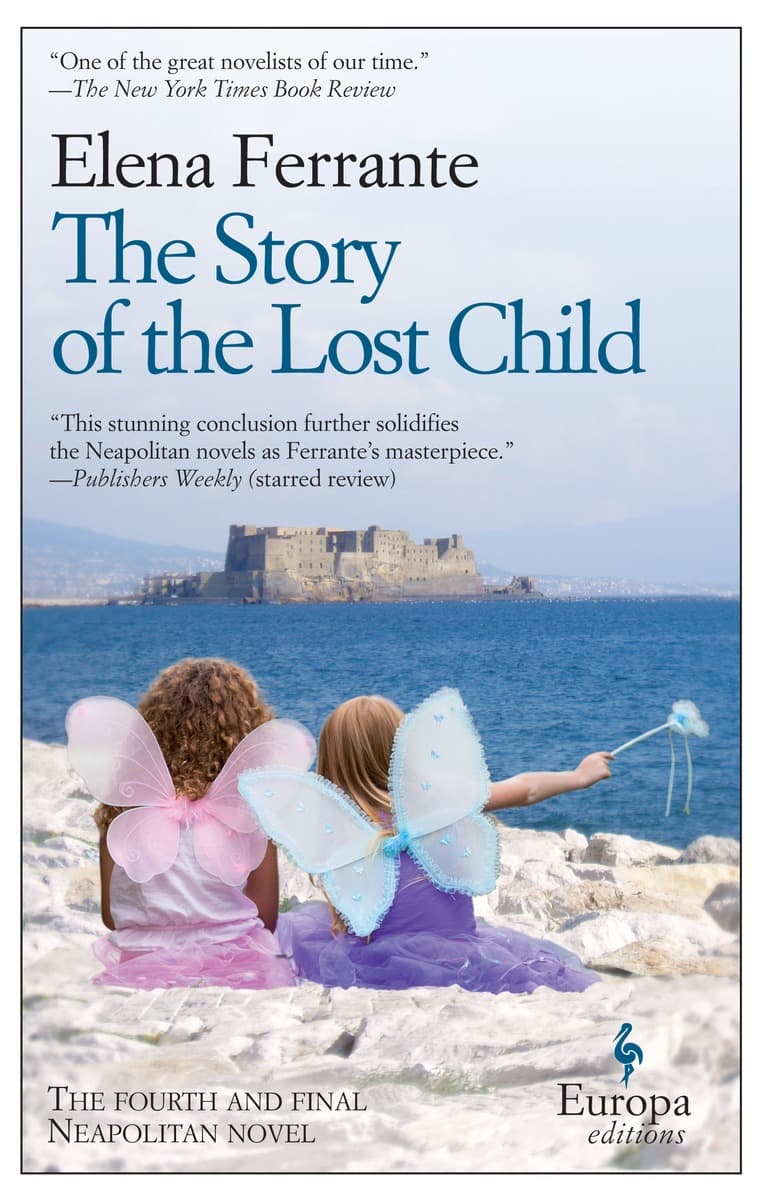
1. "The Story of the Lost Child," by Elena Ferrante: Ferrante brings her Neapolitan quartet to a poignant, provocative close in “The Story of the Lost Child.” While the book lacks some of the vivacity and bombast of others in the series, it provides a worthy conclusion to a breathtakingly original, 60-year saga of a “splendid, shadowy friendship” between the sober and studious Elena Greco, and her “terrible, dazzling” friend Lila Cerullo. Ferrante’s Neapolitan novels are often described as stories of female friendship. It’s an accurate but anemic depiction of the passionate, fantastically fraught, relationship between the two.
2. "A God in Ruins," by Kate Atkinson: A quieter, more contained, seemingly more conventional novel than the dazzling "Life After Life," in which Ursula Todd repeatedly dies and returns to live different versions of her life. Atkinson describes this year's book as a “companion piece rather than a sequel” to “Life After Life.” It tells the story of Teddy Todd, Ursula’s beloved younger brother, a fledgling poet turned fighter pilot, turned provincial journalist. Atkinson’s characters are exquisitely drawn. Much of “A God in Ruins” takes place in the present or recent past, giving Atkinson ample opportunity to exercise her mordant wit and gift for contemporary social satire. Her acute, often terrifying rendering of what happened to Teddy in the skies above western Europe (and the seas beneath) brings to life a quiet but remarkable man and compelling story.